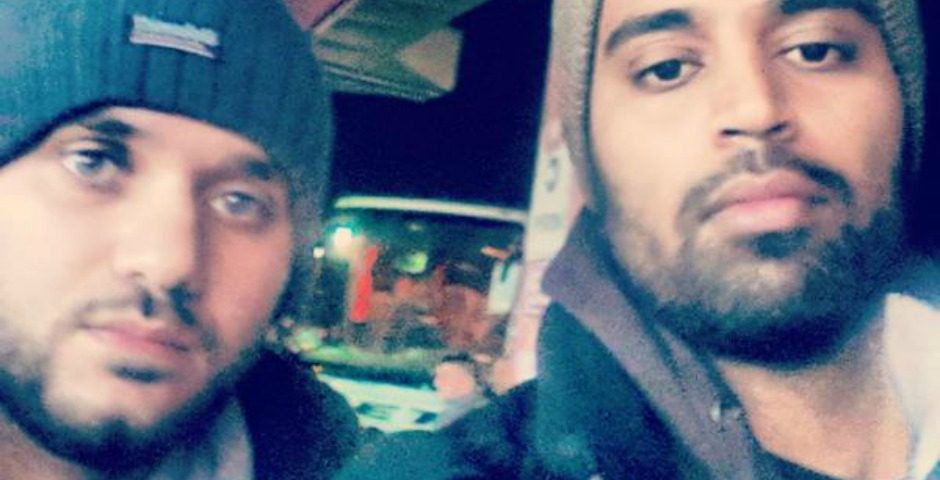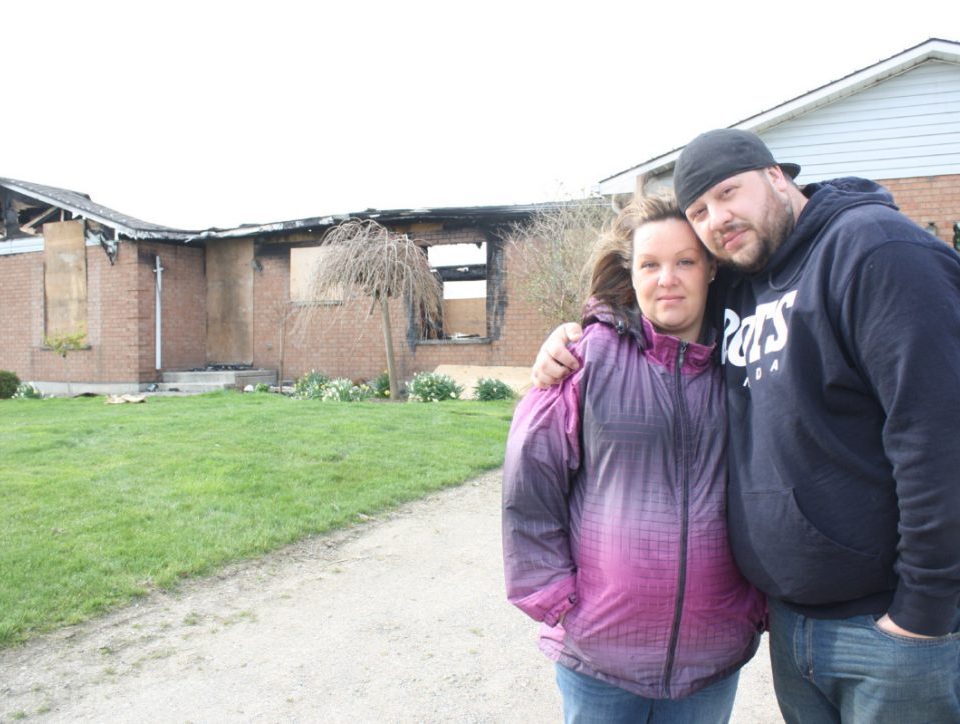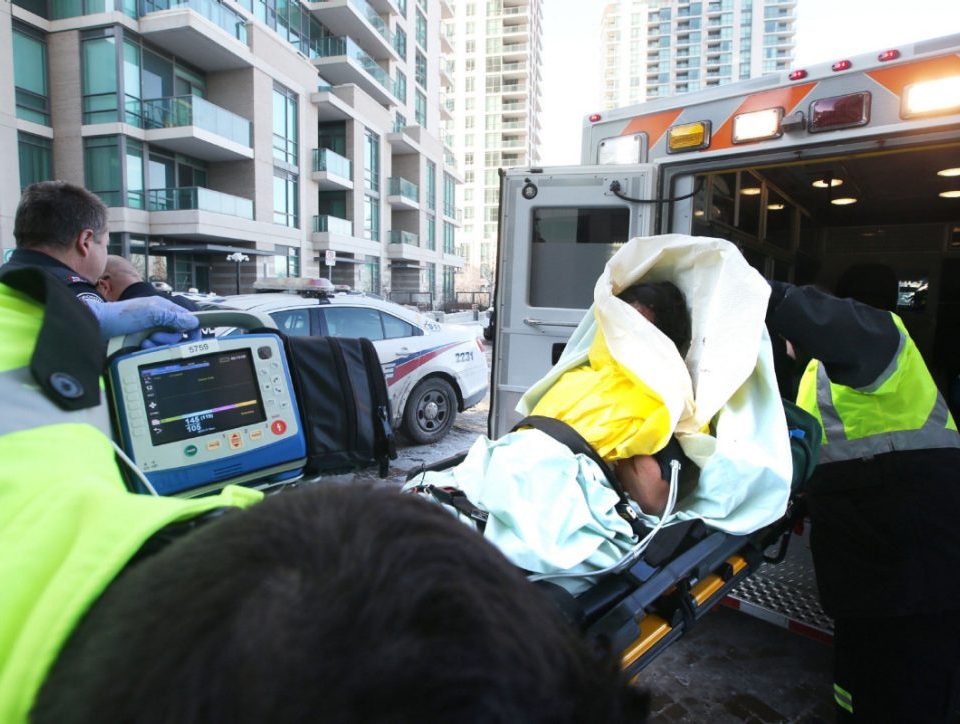Windsor man given terrorism peace bond with 17 conditions for traveling to ISIL territory
R. v. Khan, 2016 ONCJ 739 (CanLII)
November 24, 2016Bordilak Canada Inc. v. Bayberry Solutions Inc. et al., 2017 ONSC 1371 (CanLII)
March 1, 2017Ten days after flying out of Toronto’s Pearson airport on Nov. 3, 2013, Mohammed El Shaer was photographed outside an ISIL-controlled police station in a Syrian border town called Atmeh, raising his index finger in the jihadists’ salute.
Standing beside him was Ahmad Waseem, whom El Shaer had accompanied from their hometown, Windsor, Ont. Three years later, Waseem is dead, killed fighting with ISIL, and on Thursday a judge imposed a terrorism peace bond on El Shaer.
Following a day-long hearing, Justice Lloyd Dean placed 17 restrictions on El Shaer, including that he not communicate with ISIL supporters. He must surrender his passport and wear a GPS electronic ankle bracelet for six months.
The Crown had wanted a one-year term with the GPS but the judge said El Shaer had already been wearing one for the six months since his arrest and he now had the chance to show he could be trusted without one. “I’ll give you that opportunity Mr. El Shaer.”
He also cannot leave Windsor, go to any airport or possess weapons, objects with terrorist logos or devices that can access the Internet. An 11 p.m. to 6 a.m. curfew was imposed. The conditions are for one year, except the GPS.
Police have been using terrorism peace bonds to prevent suspected extremists from leaving Canada to join ISIL and other terror groups. The court-approved orders are controversial because they can severely restrict the freedoms of those who have not been charged with any crimes.
“It’s important to realize that Mr. El Shaer has not been found guilty of any terrorism offence,” Justice Dean said before reading out the long list of conditions he was imposing on the 29-year-old website developer, who is married with children.
But the Aaron Driver incident has underscored the risks posed by extremists, the Crown said. Driver was killed by police on Aug. 10 as he was leaving his home in Strathroy, Ont. to conduct a suicide bombing for ISIL. At the time he was living under a peace bond imposed by the Manitoba courts.
“We all know what happened with Mr. Driver and there is a general concern out there for public safety,” argued Crown lawyer Howard Piafsky, who tabled evidence that El Shaer had visited ISIL territory on two occasions.
The hearing focused largely on El Shaer’s travels, ties to Waseem and a trail of social media posts, which the Crown said police had traced by making requests to Facebook and Twitter.
El Shaer did not testify, nor did he contest the Crown’s evidence. He agreed at the outset to sign the peace bond but challenged the one-year term and the requirement that he wear a GPS ankle bracelet.
His lawyer Anser Farooq said the ankle bracelet El Shaer had been wearing as a bail condition since June hurt him when he jogged, and prevented him from swimming or participating in sports.
“It’s not necessary, nor is it reasonable,” he said.
He revealed that the monitoring device had fallen off on Nov. 11. and that instead of fleeing when he had the chance, El Shaer had immediately called the police and it was re-installed, Farooq said.
An RCMP officer testified that the investigation had started in February 2013 when a Windsor hospital contacted police about Waseem, who had turned up seeking treatment for a gunshot wound in the groin.
Suspecting he had been shot in Syria, police soon zeroed in on El Shaer after discovering he had signed Waseem’s passport application. Then on Nov. 3, Waseem’s mother called police to say her son was missing. He and El Shaer had boarded the same flight in Toronto.
Before long, they were posting photos of their travels in Turkey and Syria, including the picture outside the ISIL-controlled Atmeh police station. “It was something of interest to us,” Const. Jeffrey Town, a member of the Integrated National Security Enforcement Team, said of the photo.




